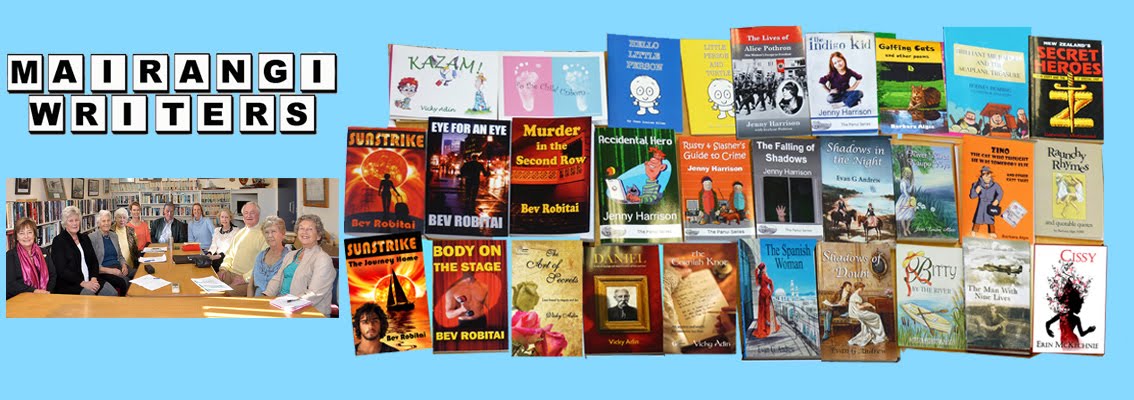I couldn’t say it better, so I’m copying Wikipedia’s definition
of a beta reader:
“A beta reader is a non-professional reader who reads a written
work, generally fiction, with the intent of looking over the material to find
and improve elements such as grammar and spelling, as well as suggestions to improve the
story, its characters or its setting. Elements highlighted by
beta readers encompass things such as plot holes, problems with continuity, characterisation or
believability; in fiction and non-fiction, the beta might also assist the
author with fact-checking.”
It is possible that one or two members of your writing group will
be happy to beta read your manuscript before you self-publish or send it to an
agent. Here are a few pointers as to who will be the best beta reader for your
work:
- If possible, choose a beta reader (sometimes called an alpha reader) who falls into your target audience. They will respond well to your work if they share the age, gender and general interests of your potential readers. This isn’t strictly necessary, you may know someone who wouldn't be in your target audience but still has all the elements that make a good beta reader.
- She needs to be honest without being brutal. That means she must not be afraid to say what she thinks is wrong but have the savvy to know how you can fix it. She must also be able to give praise where due. Expect your feelings to get a bit bruised in the process, but look at her advice and see whether it resonates with you or not. It’s still your work and you don't have to take everything she says on board. But beware .... if you ignore what is said you could lose out on an opportunity to make your work a great deal better.
- Don’t ask your mom, your husband, your wife or your partner for their opinion. Don't ask your best friend who isn't a writer. Or Aunty Mavis. They will tell you what they think you want to hear, starting with “That’s nice, dear...” Also they know you too well and can’t see through their desire to please you.
- Your beta reader must be a regular reader. Even better, find someone who reads, but not exclusively so, your genre. They will recognise the techniques, structures and expectations of such a book and will know what works or doesn’t.
- Fellow writers make the best beta readers. They will know what you’re aiming to achieve, what it means to be a writer and, because they will probably have had their own work beta read, will know the value of a good honest evaluation. They will also know the few typos that have escaped your eagle eye do not make a “bad” book. They know you can start a sentence with “And...” without beating you over the knuckles with a ruler. They will also be sensitive to the cadence or rhythm of your work. Beta readers who write also know about plot development, characterisation and creating suspense. They will recognise where your book begins (it may be different from where you started) and whether there is a satisfying resolution. In fact they know what works.
Beta readers are gems so appreciate them and the work
they are doing for you.
Jenny Harrison
Editor's note
I owe much to Jenny as one of my valued beta readers, helping me to polish several of my books. And as a member of Mairangi Writers, I can say we'll all miss her very sadly when she moves south to Te Aroha. Every week she comes to meetings with little printed notes of some apt quip or quote to inspire and motivate us, and her critique comments are always crisp, clear and helpful. I hope you make new friends quickly in your new town, Jenny, but you'll never lose your old ones here. You can't escape Mairangi Writers that easily! (And your next blog post is due November 14th!)
Editor's note
I owe much to Jenny as one of my valued beta readers, helping me to polish several of my books. And as a member of Mairangi Writers, I can say we'll all miss her very sadly when she moves south to Te Aroha. Every week she comes to meetings with little printed notes of some apt quip or quote to inspire and motivate us, and her critique comments are always crisp, clear and helpful. I hope you make new friends quickly in your new town, Jenny, but you'll never lose your old ones here. You can't escape Mairangi Writers that easily! (And your next blog post is due November 14th!)

No comments:
Post a Comment